Best Selling- Dog Memorial Stone
View allPet Loss Support - How to Support a Friend Through the Loss of Their Beloved Dog
The world of pet loss support is a sanctuary of understanding and empathy, a refuge for those who have experienced the unique heartbreak that accompanies the loss of a cherished canine companion. To have loved a dog, to have embraced the inimitable bond that forms between human and pet is to know love both pure and profound. When we lose these beloved companions, the emotional impact can be deeply challenging.
In this realm of connection and companionship, the experience of having a dog is not just about cohabitation; it's an irreplaceable bond that intertwines with our lives. When they depart from our side, they leave a void that's often difficult to articulate, let alone fill.
I share this understanding not just as an empathetic bystander, but as a member of this unique community who has experienced the pain firsthand. I remember my own dog, a spirited Labrador named Max, who was more than just a pet to me. He was my confidant, my source of joy, and an irreplaceable part of my family. The day I said goodbye to Max was when a piece of my heart was lost.
Our dogs, with their limitless love and unwavering loyalty, do not merely inhabit our homes—they inhabit our hearts. Their absence resonates in the everyday moments, the quiet mornings, the joyful welcomes, the shared celebrations, and the peaceful goodnights. The loss of a dog isn't simply the loss of a pet; it's the loss of a relationship that influences every facet of our lives.
It is perfectly natural to grieve this loss, to yearn for their presence, and to honor their memory. Through sharing these experiences, we hope to provide solace and understanding to those in the throes of loss. With time, the sharp pain of grief will soften, allowing the warm glow of cherished memories to shine through. Remember, your pain is a testament to the profound love you shared—a love that lives on.

Pet Loss Support: Recognizing Signs of Grief in Your Friend
The heart-wrenching experience of dog loss can bring about profound grief, a sentiment that can be difficult to navigate for both the person experiencing it and those around them. Understanding the signs of dog grief in your friend following the death of their beloved pet is crucial for providing effective pet loss support during this challenging time.
- Sadness: Sadness is often the most immediate and visible sign of grief. Your friend may seem perpetually low-spirited or may cry often, longing for their lost dog. They may reminisce about their pet, bringing up fond memories, or seem engulfed in their sorrow, illustrating the deep impact of their dog's death.
- Anger: Dog loss can trigger feelings of anger and frustration. Your friend might express discontent with themselves or others, or the circumstances surrounding the dog's death. They might voice sentiments like, "Why did this happen to my dog?" or "It's just not fair."
- Guilt: Grieving individuals frequently grapple with guilt, contemplating whether they could have prevented their dog's death. You might hear your friend say things like, "I should've seen the signs," or "I could've done more."
- Anxiety: The absence of a beloved pet often sparks anxiety, especially when the dog served as a significant source of comfort and companionship. Signs of anxiety may include restlessness, a lack of focus, or heightened worry in your friend.
- Depression: More intense than mere sadness, depression manifests as a prolonged sense of despair or disinterest in previously enjoyable activities. Your friend might experience disrupted sleep patterns, appetite changes, or withdraw socially following their dog's death.
Recognizing these signs is integral to pet loss support, allowing you to be sensitive and attentive to your friend's emotional state. You aren't expected to diagnose or 'treat' their grief; instead, acknowledging these feelings can reassure your friend that they are not alone in their experience. As you aid them in coping with their dog's death, remember to exercise patience and understanding. Grieving is a personal journey with its own timeline and course for each individual.
Helping a Grieving Friend Navigate Dog Grief
When a friend is contending with the grief of losing their cherished dog, your emotional support can be an invaluable source of comfort. As part of dog loss assistance, it's pivotal to create an atmosphere where your friend feels not only heard but validated and comforted. Here are some strategies to help a grieving friend:
- Active Listening: One of the most beneficial things you can do when helping a grieving friend is to listen actively. Allow your friend to express their thoughts and feelings without interruption. Encourage them to share memories and concerns about their dog. Responsive gestures such as a reassuring nod or a gentle "I'm here for you" can communicate your support and understanding.
- Validating Feelings: Steer clear of dismissing or minimizing their loss with statements like, "It was only a dog," or "You can always get another one." Instead, validate the depth of their grief. Consider saying something like, "I can only imagine how difficult this is for you," or "Your bond with your dog was incredibly special, and it's natural to grieve."
- Avoiding Judgment: Each individual handles dog grief differently. Some might find solace in openly discussing their lost pet, while others may grieve in silence. Respect their process, and refrain from judgmental comments about how they're coping with their dog's loss.
- Offering Comforting Gestures: Small acts of kindness can make a significant impact. You might consider bringing them a meal, joining them for a walk, or simply spending quiet time with them. These gestures can convey your support during this challenging time.
- Supportive Phrases: Choose your words with care and empathy. Phrases like "I'm here for you," "Take all the time you need," or "Your love for your dog was truly remarkable, and they led a joyous life with you" can offer consolation and validation.
- Remember Their Pet: In the aftermath of the loss, continue to talk about their pet. Sharing fond memories or simply saying the dog's name can assure your friend that their pet's memory remains alive and cherished.
Remember, when providing dog loss assistance, the journey through grief is unique and often takes time. By offering emotional support, validating their feelings, and lending a non-judgmental ear, you can assist your friend in navigating their loss. It's not about having all the answers; it's about being present, offering a comforting presence, and reinforcing that they're not alone in their grief.
Dog Loss Assistance: Helping Your Friend Cope with the Loss
Coping with the loss of a treasured dog is a deeply personal and often difficult journey. As a supportive friend providing dog loss assistance, you can guide your friend towards various coping mechanisms that might help alleviate their grief and honor their pet's memory. Here are some strategies that can be beneficial:
- Professional Help: If the intensity of your friend's grief seems overwhelming or persists for a prolonged period, professional help may be beneficial. Therapists specializing in pet loss can provide invaluable tools for navigating dog grief. Encourage your friend to consider this option if it appears they're struggling, and kindly offer to assist in finding a suitable professional, if they're open to it.
- Support Groups: Pet loss support groups can be a soothing balm, offering a sense of community and understanding. Interacting with others who have endured similar losses can reassure your friend that they are not alone in their feelings. Suggest they explore this avenue and extend an offer to accompany them to a meeting or forum if they feel comfortable.
- Healthy Emotional Outlets: Encourage your friend to express their grief healthily. Writing a heartfelt letter to their departed dog, engaging in art, or channeling their emotions into physical activities like hiking or yoga can be therapeutic and beneficial.
- Sharing Stories: Allowing space for your friend to share stories about their dog can be a powerful way to keep their memory alive. This could be through conversation, a dog memorial keepsake, a written tribute or a photo album.
- Practical Support: If your friend decides to plan a memorial or other activities to honor their pet, offer your help. Your assistance could be in the form of making arrangements or simply being there to provide moral support.
Always keep in mind that understanding how each person experiences sorrow is key to supporting a grieving friend and helping them cope with the loss of their dog. One person's solution might not be suitable for another. The most important thing is to be present, providing a reassuring presence and understanding as they go through their recovery process.
Final Thoughts
Experiencing the loss of a beloved dog is an emotional journey, filled with a unique blend of sorrow and love. We've explored how to recognize signs of grief, provide emotional support, and assist your friend through the grieving process after losing their dog.
Active listening, validating feelings, and offering comforting gestures form the bedrock of emotional support. Meanwhile, seeking professional help, joining pet loss support groups, and honoring the dog's memory are all pivotal strategies that can guide the healing process. Above all, patience, compassion, and understanding underscore every step of this journey.
Your feelings matter, and seeking pet loss support can be an essential part of your healing journey. Feel free to share your experiences and stories with us in the comments below or on our social media platforms. We offer additional resources on our website and stand ready to assist during this challenging time. May the memories of the love you shared with your pet offer comfort and guide you toward peace.


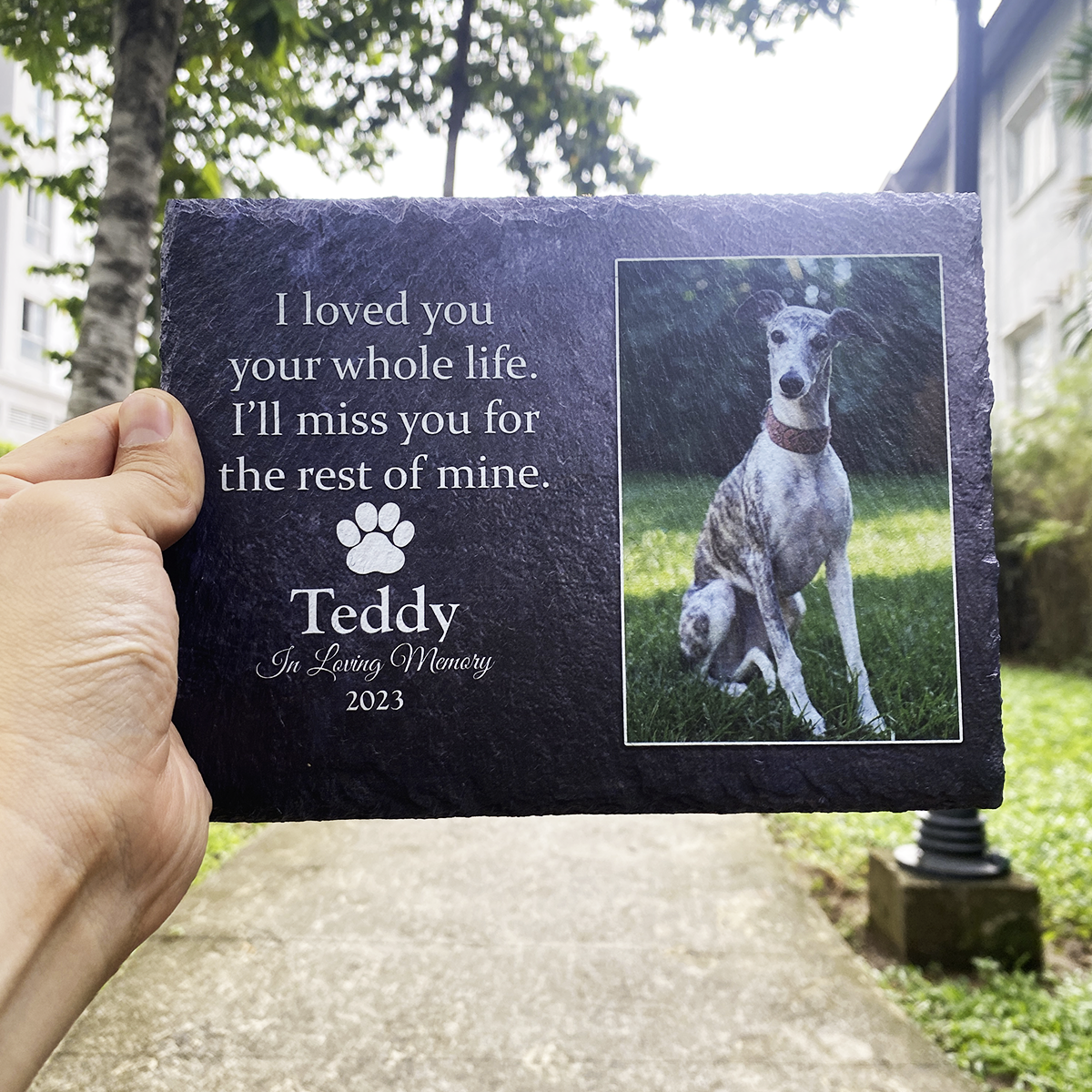
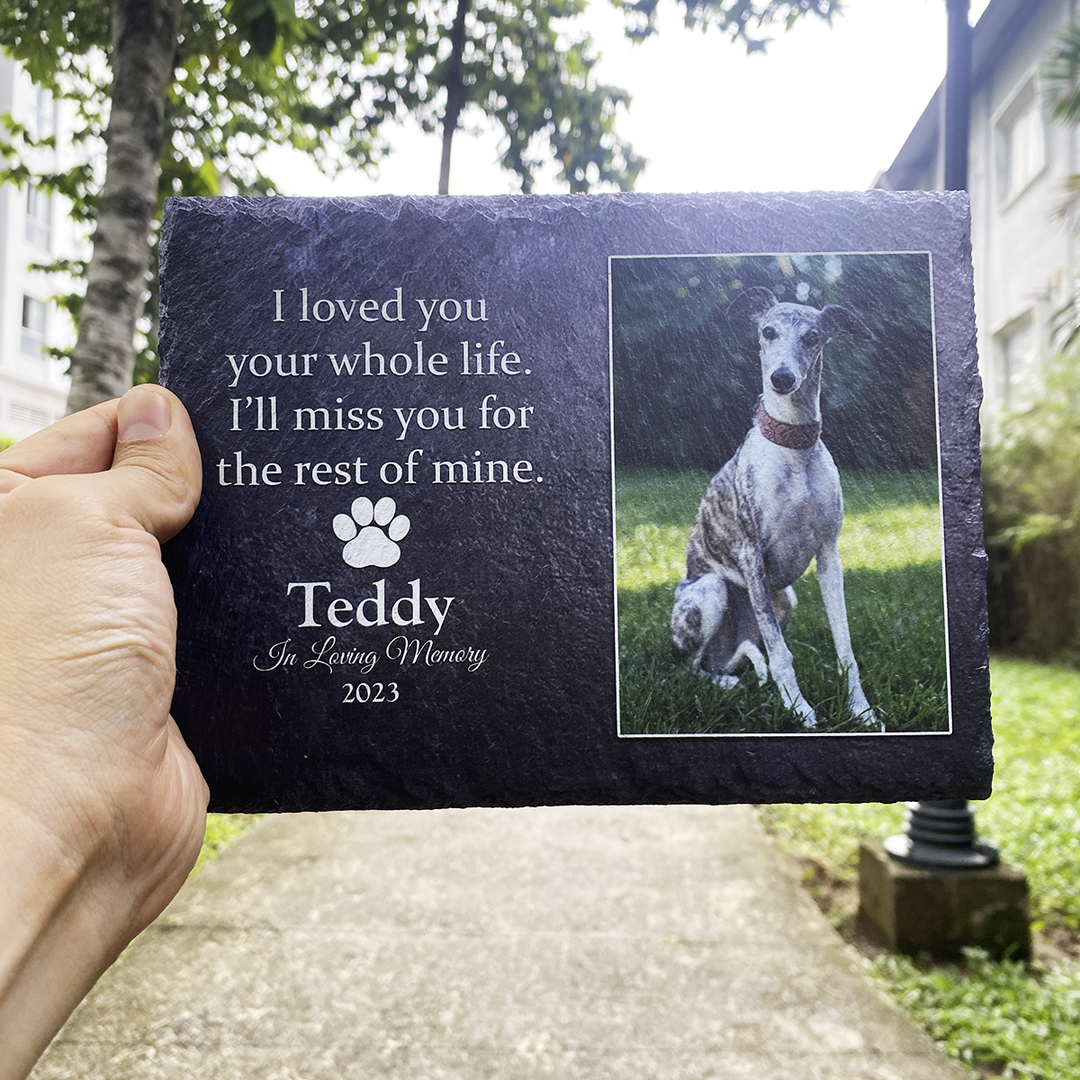

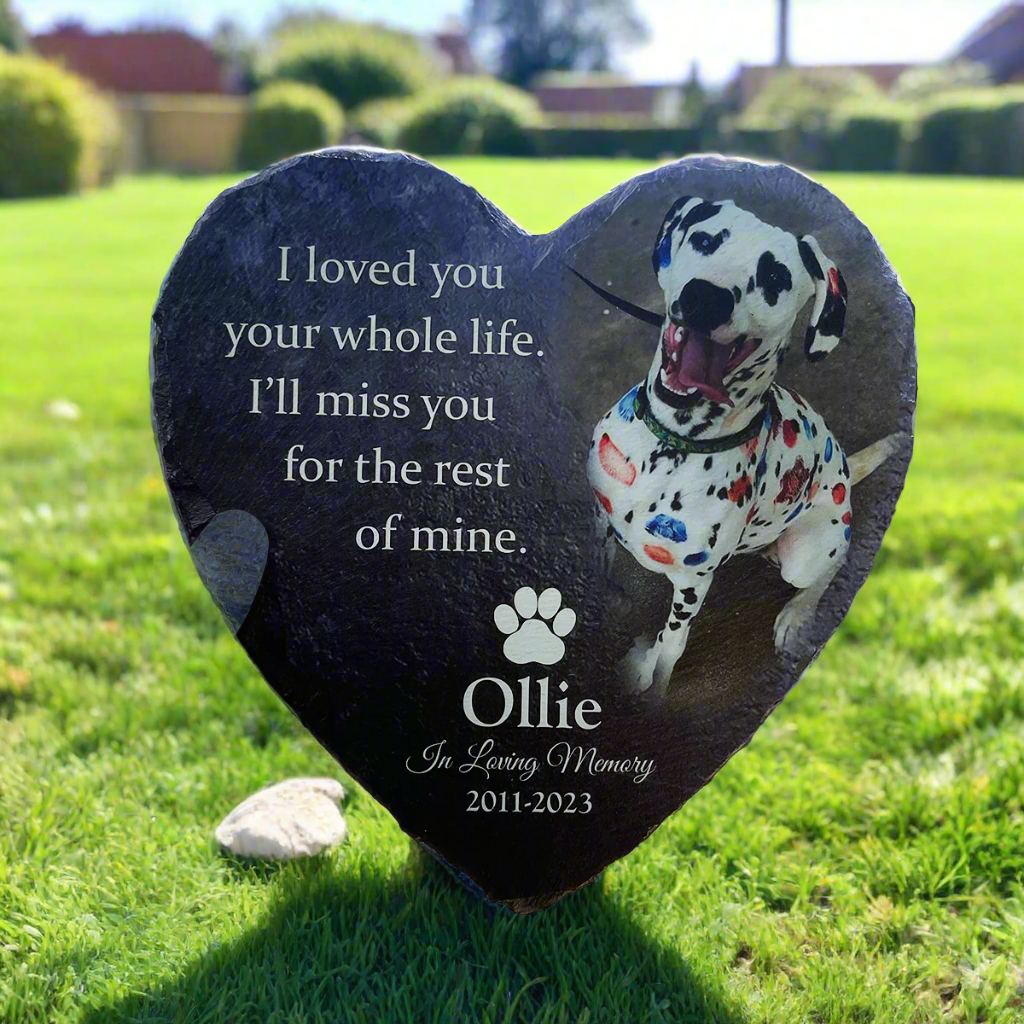

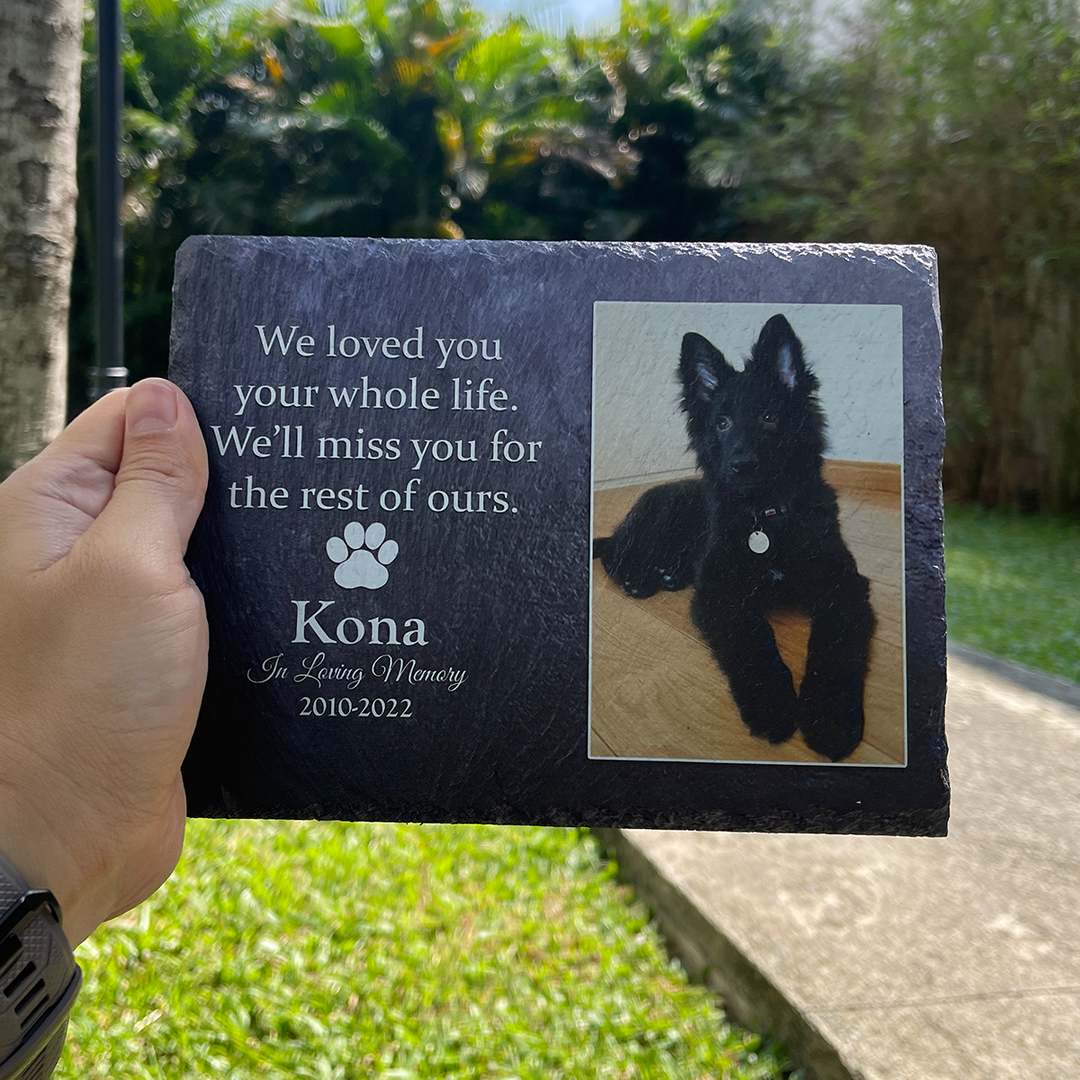

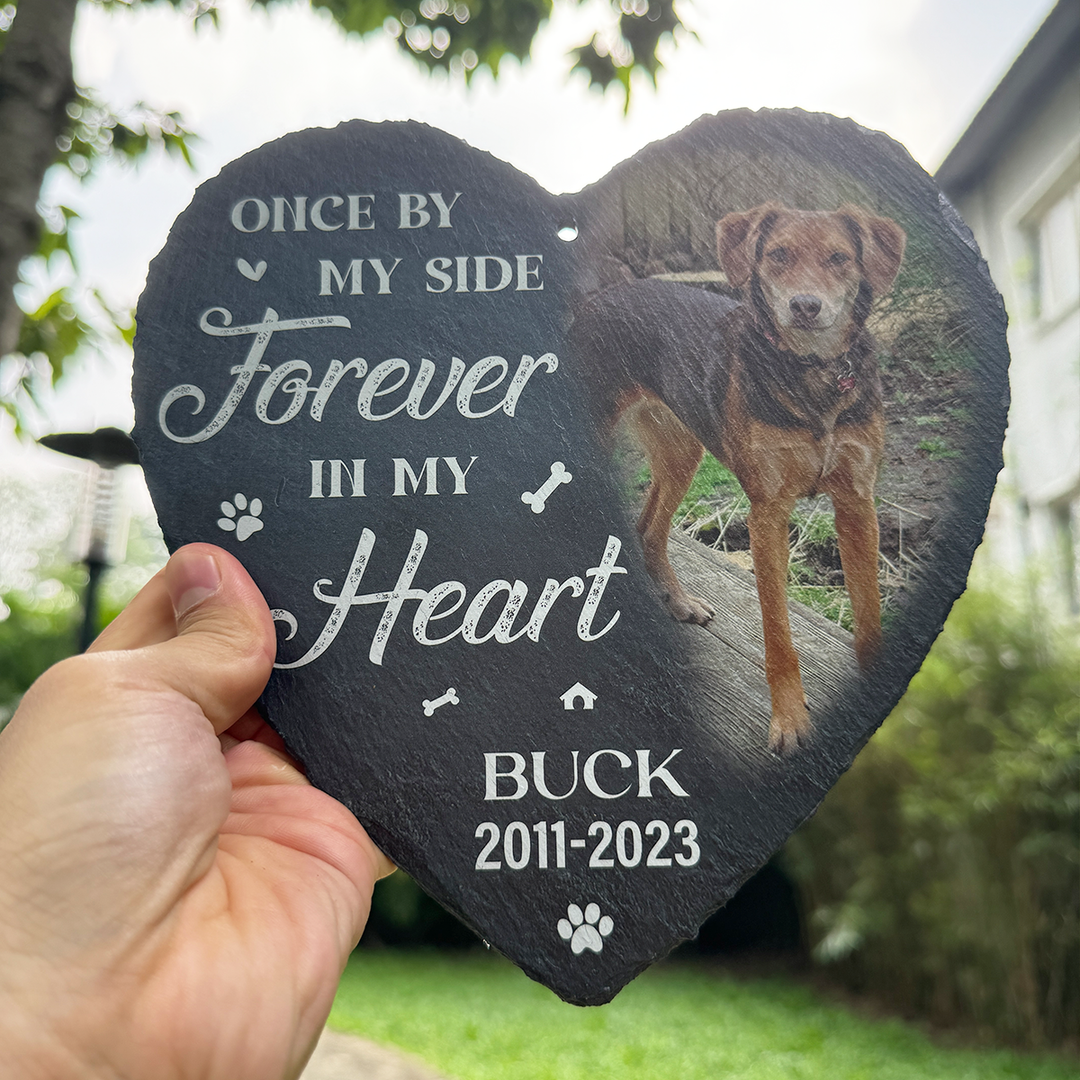

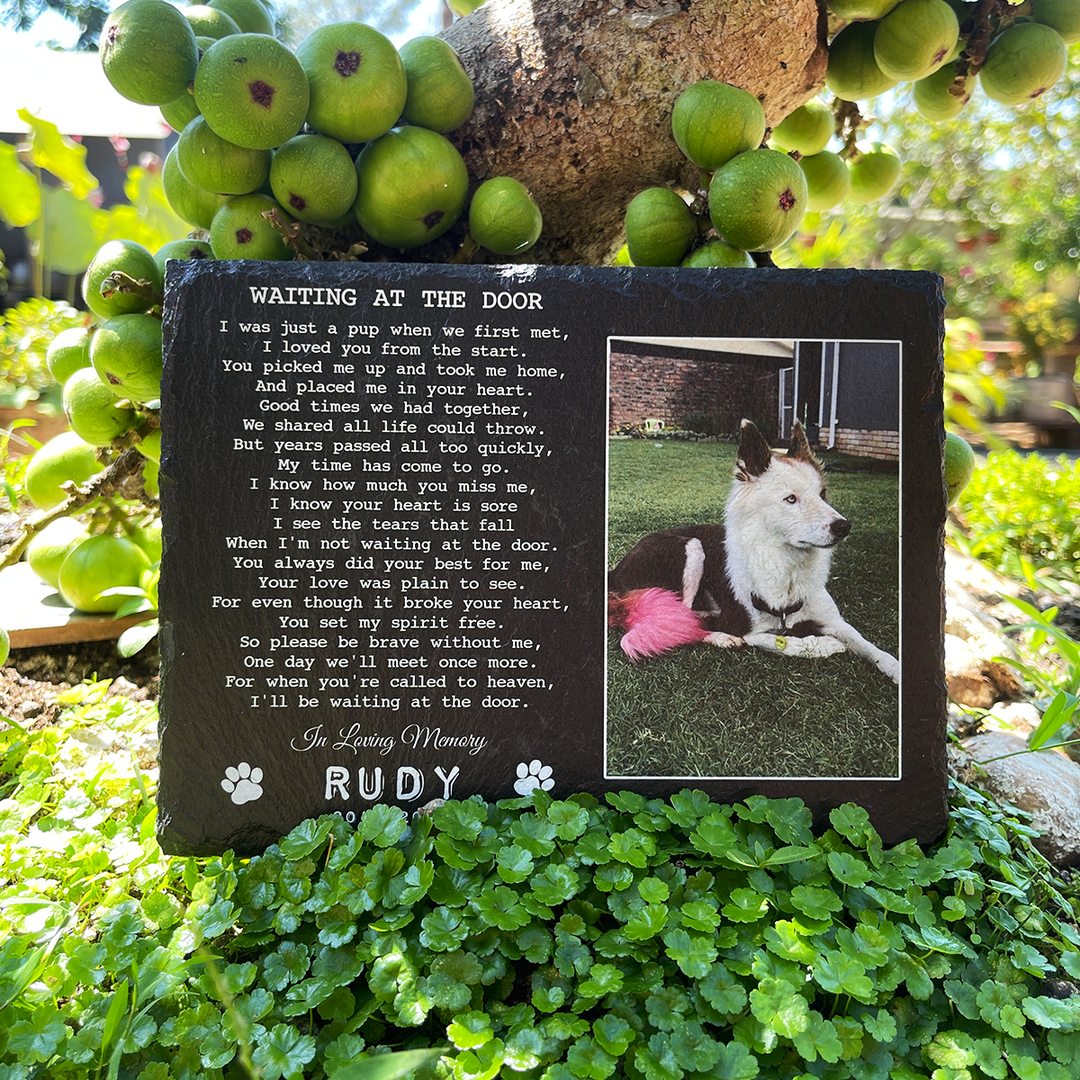


Leave a comment